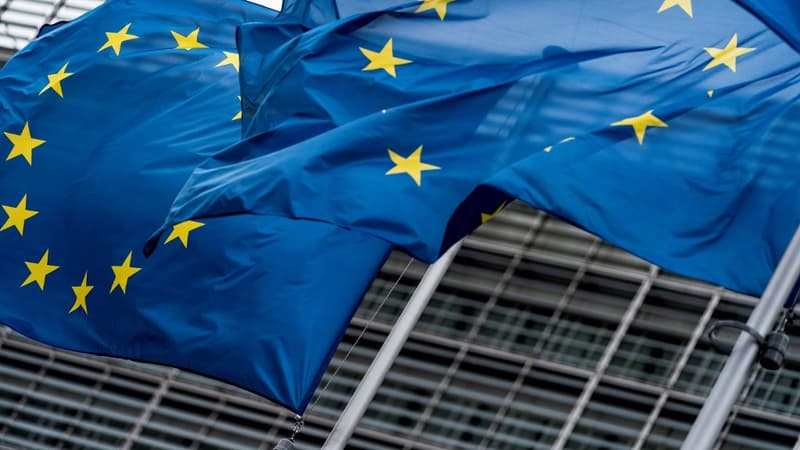Under pressure from member states worried about the dawn of winter, the European Commission on Tuesday detailed its proposals to mitigate the rise in energy prices by tackling price volatility in the gas market.
Given the deep divisions of the Twenty-seven on the idea of a price cap, Brussels advances on the lowest common denominator: these are measures that “are the subject of maximum consensus,” assured the European Executive.
On Tuesday, the Commission will first present a reform of the TTF gas market index, which serves as a reference for the transactions of European operators, and whose growth is, it says, “artificially” fueled by speculation. The idea is to replace it in six months with an alternative index that is more representative of actual supplies.
A reinforced framework of solidarity
Until then, Brussels recommends “a temporary mechanism” to correct gas prices. According to a European source, it would be a “dynamic corridor” (a flexible range within which prices would be allowed to fluctuate) to frame transactions in the TTF market, which would make it possible to moderate volatility and avoid any brutal rebound.
In addition, Brussels wants to force the hand of the States to finally achieve joint purchases of gas at the EU level for the next replenishment season, in order to obtain better prices from “reliable” suppliers.” (Norway, United States…) and to prevent the Twenty-seven from competing with each other.
Finally, the Commission will propose a reinforced solidarity framework for countries vulnerable to the risk of shortages, as well as additional tools to reduce gas consumption: faced with the highly variable efforts of the countries, Germany and the Netherlands called for “more ambitious measures and binding”. objectives”.
“If we don’t find a solution, it will put people out on the street”
Dependent on its hydrocarbon imports, the European economy is suffering greatly from delivery cuts by Russia.
The idea of a cap on gas import prices, raised by the Commission in early November and then demanded by fifteen Member States, including France, seems to have been forgotten. Berlin objected, fearing it would exacerbate liquefied natural gas supply strains in a tight global market.
Meeting in Prague in early October, European leaders expressed concern about the economic and social consequences of inflation.
“If a solution is not found, it will end with people on the streets, a weakened economy, bankruptcies and less popular support for climate policies and aid to Ukraine. This winter will be decisive,” said Czech Industry Minister Jozef Sikela. week.
Source: BFM TV


